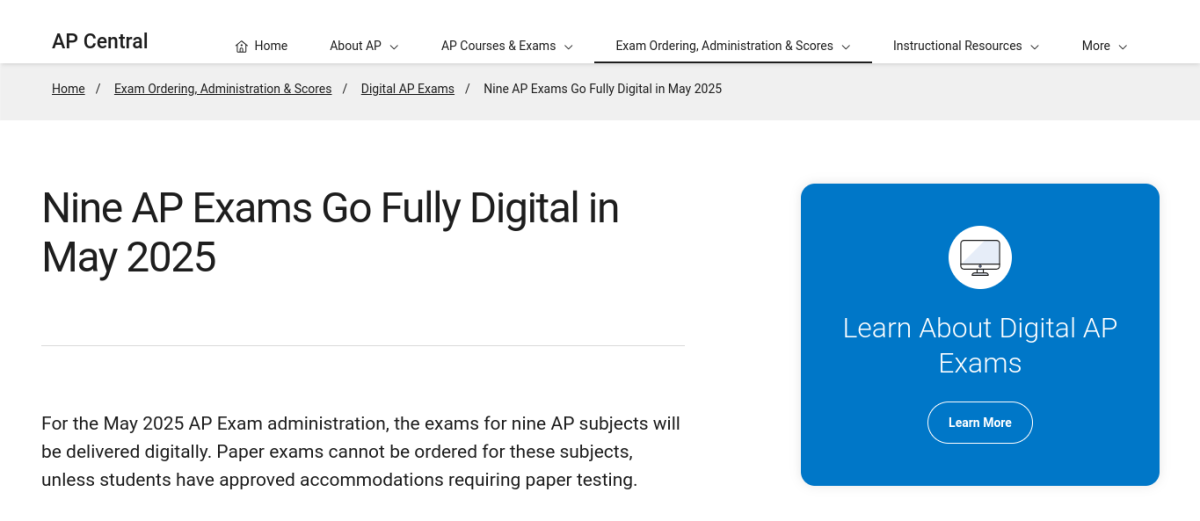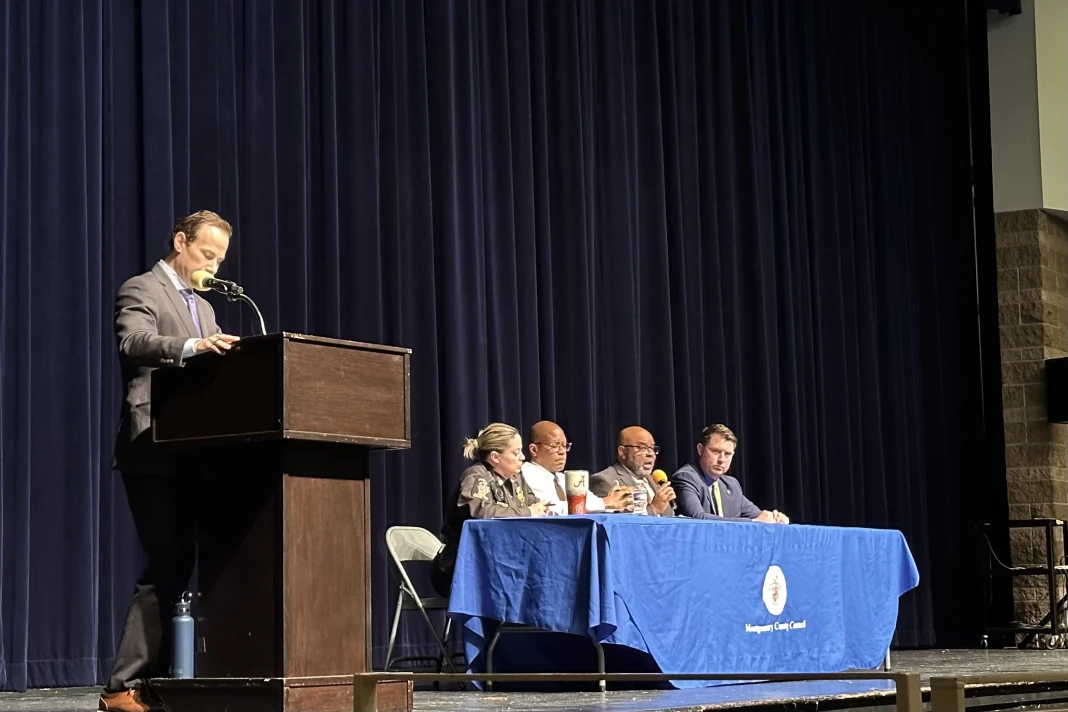It seems that no matter what CHS students have going on—APs, projects, sports, applications, clubs, extracurriculars or jobs—there is always time for Facebook. As technology becomes increasingly convenient, teens are seemingly spending more time chatting on Facebook than interacting in person. Many people, especially parents and other adults, assume the cliché that constant communication over social media diminishes the quality of human interaction and weakens social skills, but a recent study suggests otherwise.
According to a 2009 a study published in Information, Communication and Society, using social media to communicate actually helps build stronger personal relationships with friends and family.
While chatting over the Internet may not seem as charming as talking in person, it can be a useful outlet for those who are uncomfortable in typical social settings. Shy kids can interact with more confidence and control and reach out to peers who they might not feel comfortable approaching in the halls or at a party.
According to a NYU study cited in a 2011 Wall Street Journal article, communication through technological means increases the confidence of those who are socially anxious.
In 2011, daily life for CHS students involves plenty of chances for social interaction, both technologically and traditionally. Before social media sites, interaction between students ended at 2:10. Now, however, Facebook allows us to continue communicating with all of our friends 24 hours a day. This type of interaction can be as simple as chatting with a friend, or as beneficial as getting homework help from a Facebook group.
The common assumption that kids are wasting away their lives and becoming socially inept due to more computer time is not true. CHS students are developing and deepening their friendships online, and shy kids are building confidence that will help them develop and improve social skills later in life.
The most negative connotation of social media, aside from procrastination and time wasting, is cyberbullying, which has drawn increased attention since sites like Facebook have gained popularity. But unlike face-to-face bullying, cyberbullying leaves written evidence that can (in the case of Facebook) be linked to a name. Most people do not consider that because of this evidence, bullies may be discouraged from harassing their victims online as it may lead to more immediate and severe consequences.
According to a 2007 Pew Internet and American Life Project study,
Of course, cyberbullying is a very real problem, but it is not the only mechanism of anonymous cruelty, and social media should not be generalized in this sense.
Despite how damaging cyberbullying can be, it is also possible that most kids using social media sites feel more comfortable and less threatened in an online situation—the opposite of what many people believe. Instead of demonizing social media, adults and schools should focus on preventing in-school bullying instead of patrolling online websites for bullying after school.
Social media, specifically Facebook, undoubtedly has its drawbacks. But becoming anti-social is not necessarily one of them. CHS students, and anyone in general, could become friendlier and gain confidence all from the living room couch.













